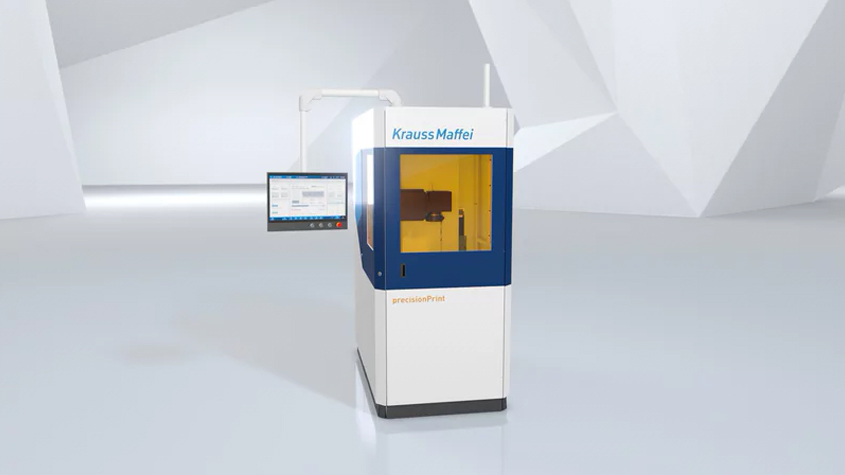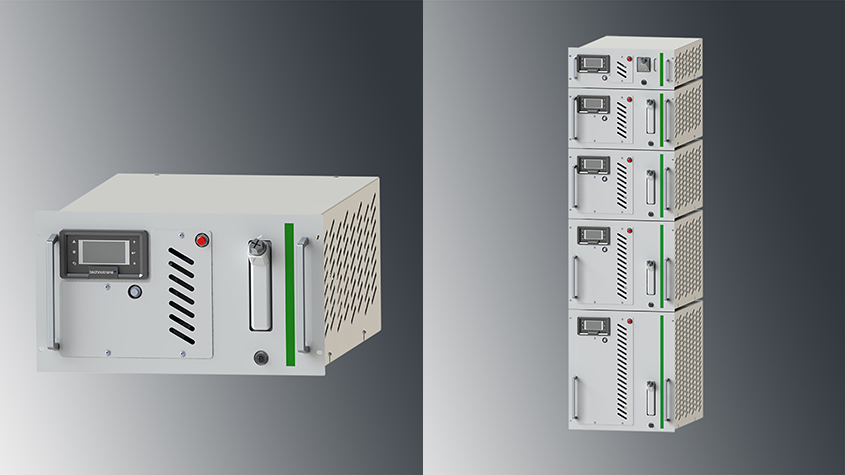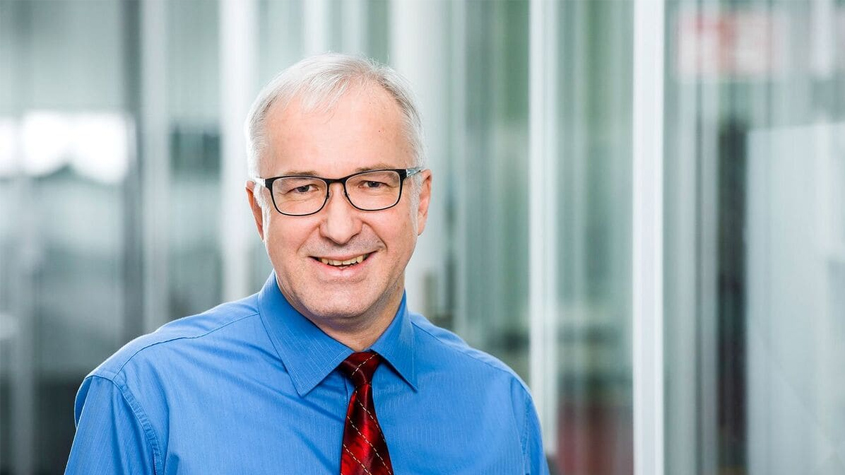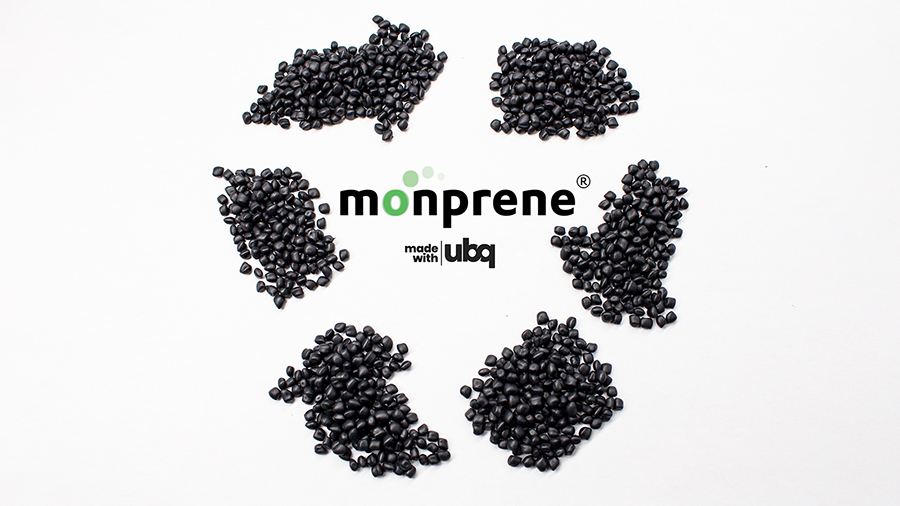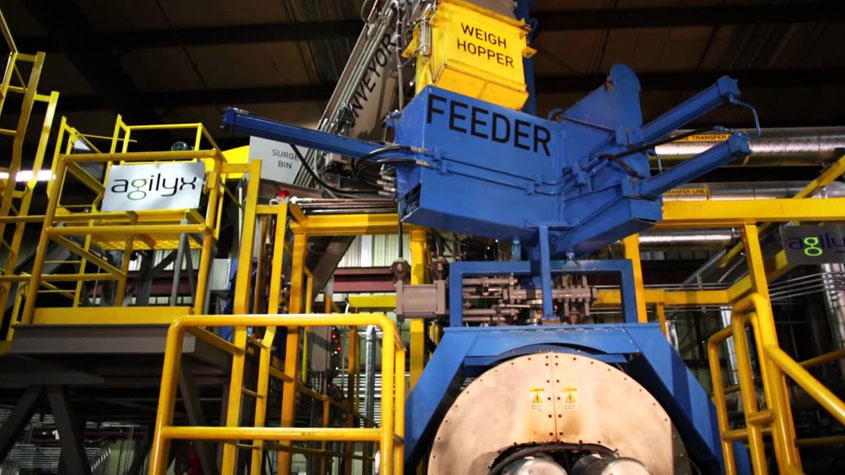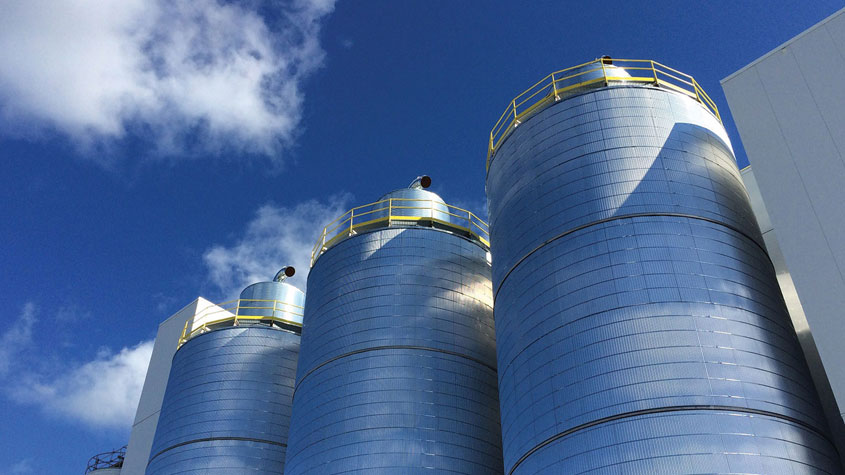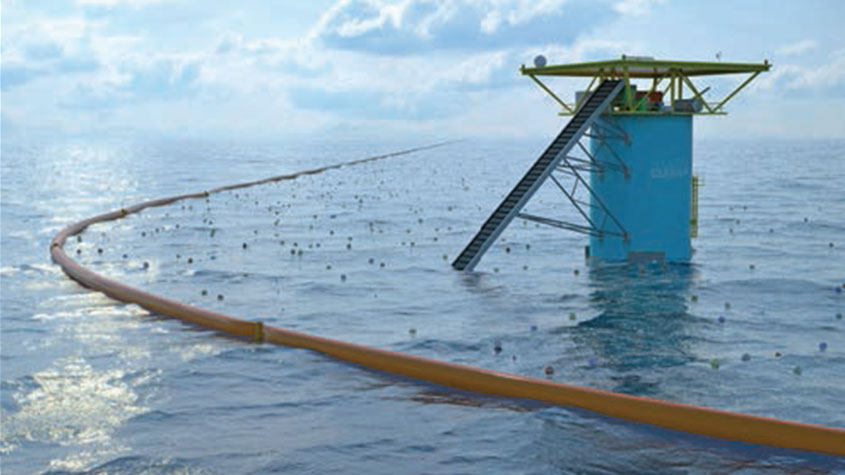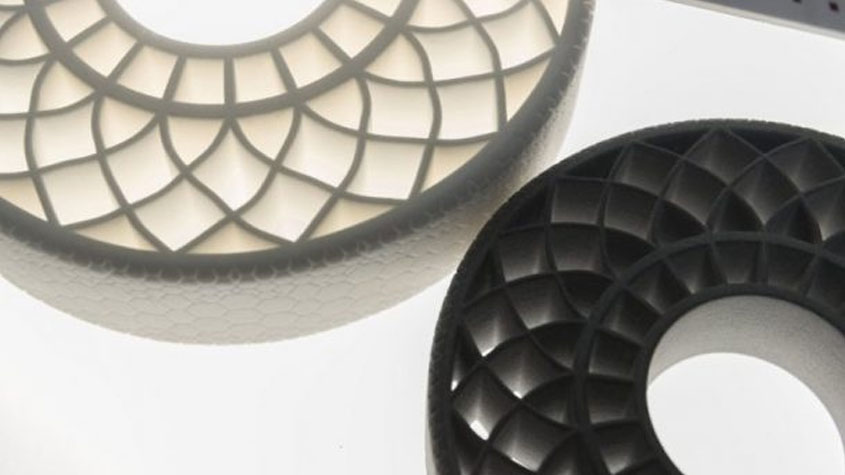
After two years of intensive research, German chemical firm BASF says it is now able to present prototypes of the world’s first particle foam based on polyethersulfone (PESU).
The foam is characterised by its unique combination of properties: high-temperature resistance, inherent flame retardancy – and its light weight coupled with great stiffness and strength. It is therefore particularly well suited for complex-shaped components in cars, airplanes and trains, which require mechanical properties together with the ability to withstand high operating temperatures or to meet stringent flame-retardant requirements, says the firm.
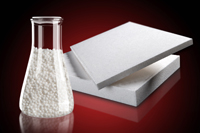
The expandable PESU granulate is pre-foamed into beads with low densities between 40 and 120 g/L and can be processed into moulded parts with complex 3D geometries using technologies available on the market.
Ultrason E, BASF’s PESU grade, is an amorphous thermoplastic with a varied temperature profile: it has a high glass transition temperature of 225°C and remains dimensionally stable up to this temperature. Its mechanical and dielectric properties are only slightly dependent on the temperature, too.
Foams made of Ultrason E are approved for use in aircraft. The material, with its exceptionally high limiting oxygen index of 38 (according to ASTM D 2863), distinguishes itself because it meets the requirements for commercial aircraft with regard to combustibility, low heat release and low smoke density (“fire, smoke, toxicity”) even without the addition of flame retardants, which means it is intrinsically flame retardant.
Despite its low density the PESU particle foam thus enables stiff and strong components with dimensional stability at high temperatures. Expanded moulded parts made from one single material offer numerous advantages compared to traditional honeycomb structures coated with phenolic resins: They offer considerable flexibility in terms of densities and shapes and therefore greater freedom in design. There are fewer processing steps and therefore lower system costs. Additional functional parts such as inserts and screw threads can be integrated in the complex geometries.
And, last but not least, recycling of the parts can easily be carried out as the polymer is of one single origin. Thanks to such weight-optimised, thermoplastic foams for complex geometries it is possible to realise new lightweight components which, compared to traditional thermoplastic parts, have better properties and are an answer to trends such as e-mobility in automotive construction, the modernization of aircraft cabin interiors and increasing flame retardant requirements in public transport.
Ultrason is the trade name for BASF’s product range of polyethersulphone (Ultrason E), polysulphone (Ultrason S) and polyphenylsulphone (Ultrason P). The material is used to manufacture lightweight components in the electronics, automotive and aerospace industries, but also in water-filtration membranes and in parts that come into contact with hot water and food. Because of their property profile the Ultrason brands can substitute thermosets, metals and ceramics.
BASF also recently announced a facility in Taiwan for its Infinergy, the world’s first expanded thermoplastic polyurethane (E-TPU) for the sports shoes industry.
Chinese economy to grow over 6.5 pct in 2018, 2019: report
BEIJING, March 1 (Xinhua) — China’s economy will grow by over 6.5 percent this…

